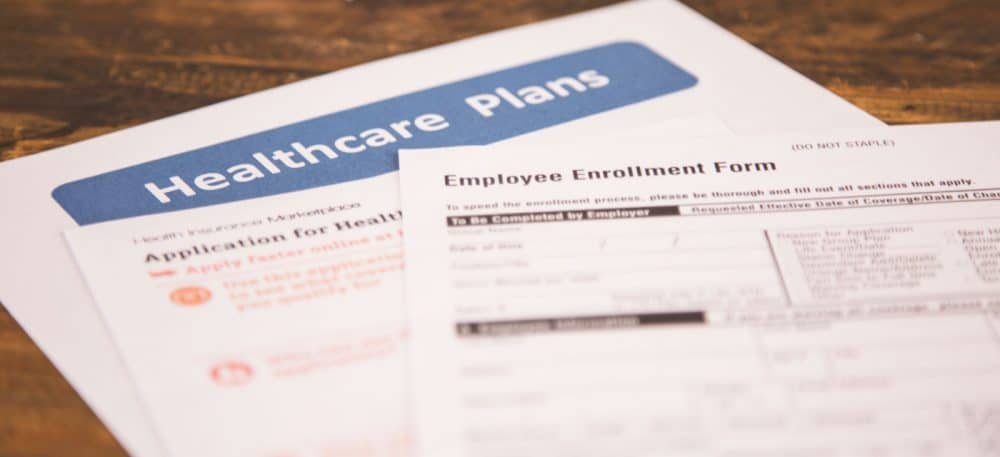How To Start Your Fall Financial Review
Fall is the perfect time to check in on and evaluate your personal finances. Use these helpful tips to end the year strong and pave the way for future success.

With the busiest time of the year quickly approaching, now’s a great time to complete a year-end review of your finances. Plan, evaluate, and rework things as needed.
To help you get started, here are a few areas to focus on.
Areas To Consider
Tax Examination
Use the IRS Tax Withholding Estimator to asses and, if needed, adjust withholding for the remainder of the year. The more allowances claimed on a W-4, the less income tax withheld and vice versa.
To reduce your tax liability, consider making charitable gifts or maximizing pre-tax contributions – up to the annual limit – to an Individual Retirement Account (IRA), 401(k), 403(b), Health Savings Account (HSA), or Flexible Spending Account (FSA).
Open Enrollment
Unless a qualifying life event takes place, you’re only eligible to enroll, make changes, or cancel an employer-provided or Health Insurance Marketplace plan during open enrollment. This can happen as early as mid-October, but varies by plan, so be on the lookout.
As you compare plans, be sure to factor in anticipated health-related expenses, like surgical procedures and pregnancy. Compare each plan’s premium, deductible, co-pays, and out-of-pocket maximum to determine which plan best suits your needs.


Open Enrollment
Choosing a health plan and other benefits is a big deal. Prepare and make the most out of your selections with these tips.
Insurance Review
It’s recommended you review insurance policies like home, auto, and life at least once a year. Begin by determining whether your policy provides adequate coverage. This is especially important if there have been significant changes recently.
To avoid overpaying, request insurance quotes and compare premiums. While you can easily obtain quotes online, an insurance agent can determine whether you’re eligible for special discounts. Remember quotes are free and don’t hurt your credit score.
Debt Strategy
Paying down debt has many benefits – save on interest, free up future income, and help improve your credit score too. These benefits can all contribute to increased flexibility and resiliency in times of hardship and uncertainty.
First, list your debts and make note of the interest rate and minimum monthly payment. Next, choose a repayment strategy to focus any extra funds to paying down one debt at a time. Meanwhile, make the minimum payment on all other debts. Once the priority debt is paid off, apply those funds to the next debt on the list and repeat.


Debt
To get out of debt, you need to be intentional with your money. Reach your goals faster with our tools for evaluating your debt load, developing a repayment strategy, and staying committed.
Holiday Planning
In an attempt to reduce stress and overspending, it’s helpful to create a holiday plan and budget. Include any expenses that aren’t in your usual budget already; this may include special meals for the holidays, décor, gifts, donations, travel, etc.
If you aren’t already, consider saving to offset a possible spending hike. Set a goal and get creative. For example, a no-spend challenge with family could be a fun and creative way to reduce expenses or reliance on debt this holiday season.
Summary
A year-end-review is important when determining where you are in reaching your financial goals, and it can help prioritize financial decisions you need to make for you and your family in the year to come. So take advantage of this time before the holidays to get it done.


BALANCE
Take advantage of free financial education from our partner, BALANCE. From confidential coaching to videos and articles, get the resources you need to help with your fiscal matters.
Related Articles
16 Months Of Financial Tips

Use these monthly financial tips to break down your top financial tasks and to-dos and get on the right path to being financially healthy.
What To Do If Your Income Is Reduced

When your income drops, every financial choice matters. From trimming spending to exploring safer borrowing options, these tips can help you navigate difficult times.
7 Tricks To Stay On Budget

Need help managing your finances? We’re sharing our tips to help you better plan, organize, and track your spending so you can stick to your budgeting plan.
